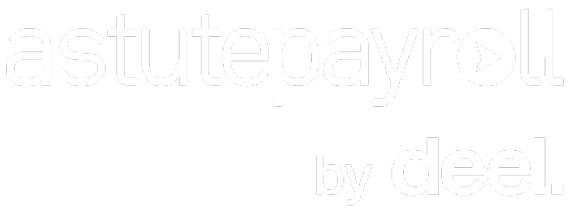What are Meta Tags?
Meta tags are snippets of HTML code that provide specific information (metadata) to search engines and browsers that isn’t visible on the webpage itself. These tags are typically used to define the page description and influence how the page is indexed by search engines.
Meta tags can also control the viewport settings, create meta-refresh redirects, or flag content as containing explicit material for search engines like Google.
While the <title> tag is often called the “meta title” by webmasters and SEOs, this isn’t technically correct.
Here’s an example of meta tags in HTML:
<head> <meta charset="UTF-8"> <meta name="description" content="Learn the Basics of SEO and Best Practices for Ranking"> <meta name="robots" content="nofollow"> </head>
In this example, the browser is informed that the character encoding is UTF-8, a description for the page is provided for search engines and social media platforms, and Google is instructed not to follow any links on the page.
There are many different meta tags tailored for various search engines and applications, but we’ll focus on the ones most relevant for SEO and recognised by Google.
Importance of Meta Tags
Meta tags play an important role in SEO by supplying search engines like Google with information about a webpage’s content, as they help manage indexing and crawling, influencing how a page is represented on search engine results pages (SERPs). Optimised meta tags can improve visibility, click-through rates, and overall search performance.
What Are the Most Important Meta Tags?
While there are various types of meta tags out there, not all are significant for SEO. Here are the key meta tags that Google recognises:
Meta Description
<meta name="description" content="...">
The meta description tag offers a concise summary of a webpage’s content. It provides context to search engines and can generate a search snippet on the SERP.
Meta Robots
<meta name="robots" content="..., ...">
The meta robots tag directs search engine crawlers on how to handle the page and its indexing; by default, search engines crawl and index all pages, but this tag can restrict that. The “noindex” directive prevents a page from being indexed, while the “nofollow” directive stops crawlers from following links on the page.
Meta Google
<meta name="google" content="...">
This lesser-known meta tag is specific to Google. Notable attributes include:
- “nositelinkssearchbox” — disables a site links search box in the search results.
- “nopagereadaloud” — prevents Google’s Text-to-Speech services from reading the page aloud.
Meta Refresh
<meta http-equiv="refresh" content="...">
This tag handles meta-refresh redirects (delayed redirects). It specifies the time delay for the redirect and the URL to which the visitor will be sent. While Google does not favour meta-refresh redirects, they are still acknowledged.
Meta Rating
<meta name="rating" content="adult">
This tag indicates that Google’s SafeSearch results should filter the page.










